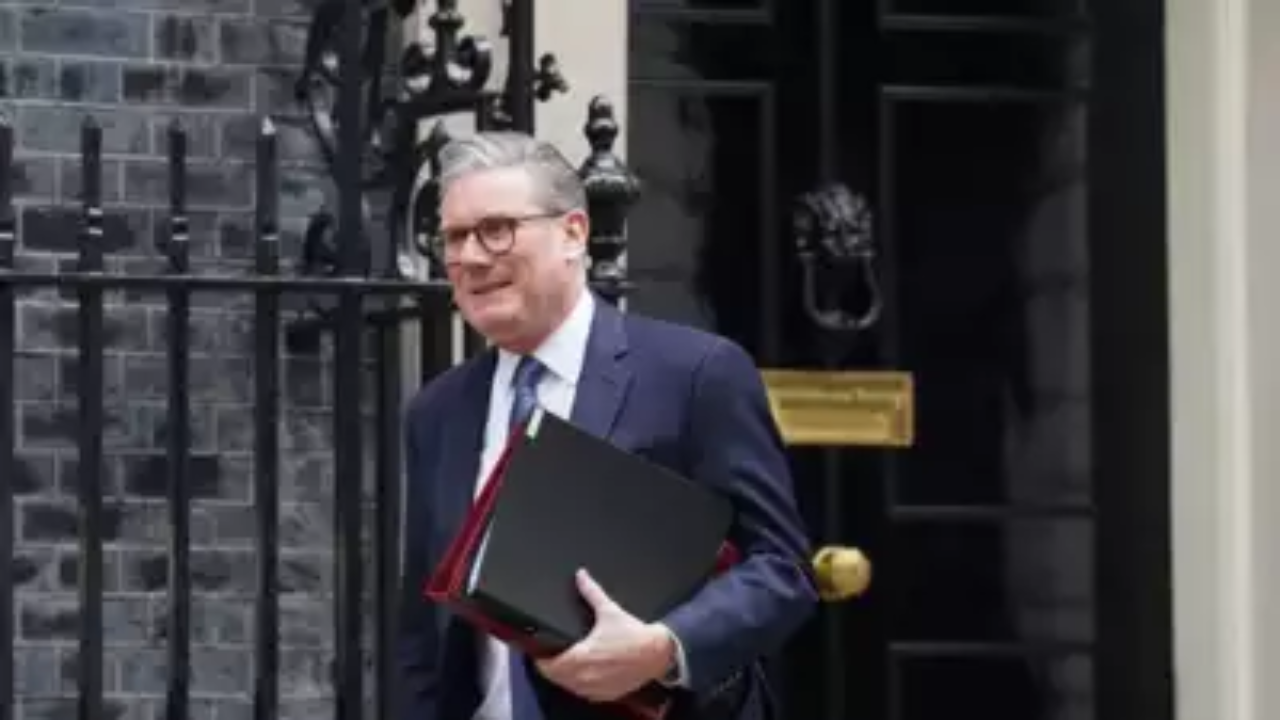In a speech, he explained: “We’re going to cut bureaucracy across the state. Focus government on the priorities of working people, shift money to the front line.” He further said, “Amongst the reasons we’re abolishing it is because of the duplication. So if you can believe it, we’ve got a communications team in NHS England, we’ve got a communications team in the health department of government. We’ve got a strategy team in NHS England, a strategy team in the government department. We’re duplicating things that could be done once. If we strip that out, which is what we’re doing today, that then allows us to free up that money, to put it where it needs to be, which is the front line.”
Starmer asserted that the NHS should be overseen by politicians instead of an independent body. He emphasised that this decision would bring the NHS back to the centre of government “where it belongs” and noted that “tough choices” would persist.
Under these plans, NHS England will now function within the UK government’s Department of Health and Social Care.
What is NHS England?
NHS England oversees the National Health Service (NHS) in England, managing various responsibilities such as monitoring healthcare services, collaborating with the government to establish priorities and funding, and negotiating costs for medical products and services. As an executive non-departmental public body, it is not a government department but operates with public funds under the Department of Health and Social Care’s sponsorship.


